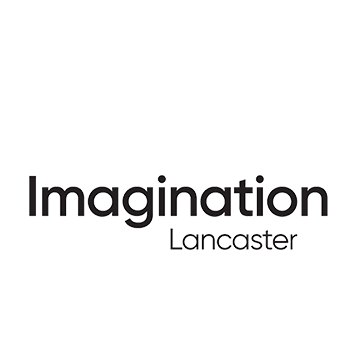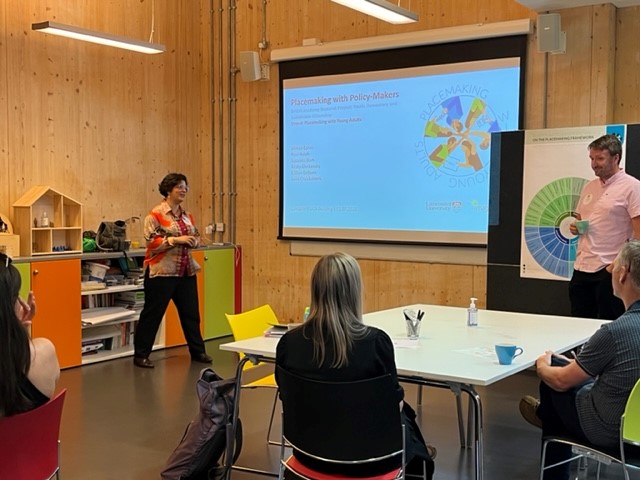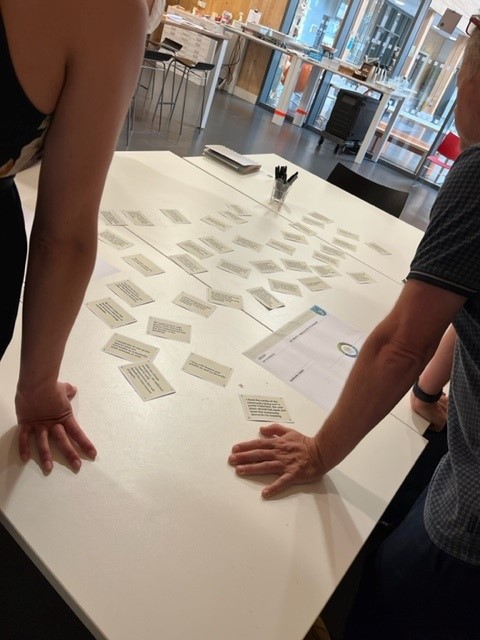The second workshop convened 21 policymakers from various organisations, including Lancaster City Council, Lancaster County Council, and the Environmental Agency. These policymakers possessed expertise in sustainable travel, green/blue infrastructure, public realm, climate emergency, biodiversity, healthy places, energy generation, environment, transport and health, flooding, drainage, cycling and walking, and air quality.
The workshop had four objectives. Firstly, it aimed to familiarise all participants with the placemaking framework. Secondly, it sought to analyse and group the outcomes from the placemaking workshop involving young adults. Thirdly, it aimed to generate policy ideas that incorporated the sustainable principles and ways of living of young people. Lastly, the workshop aimed to explore how descriptions of sustainable thriving and ways of living could be transformed into actionable policies.
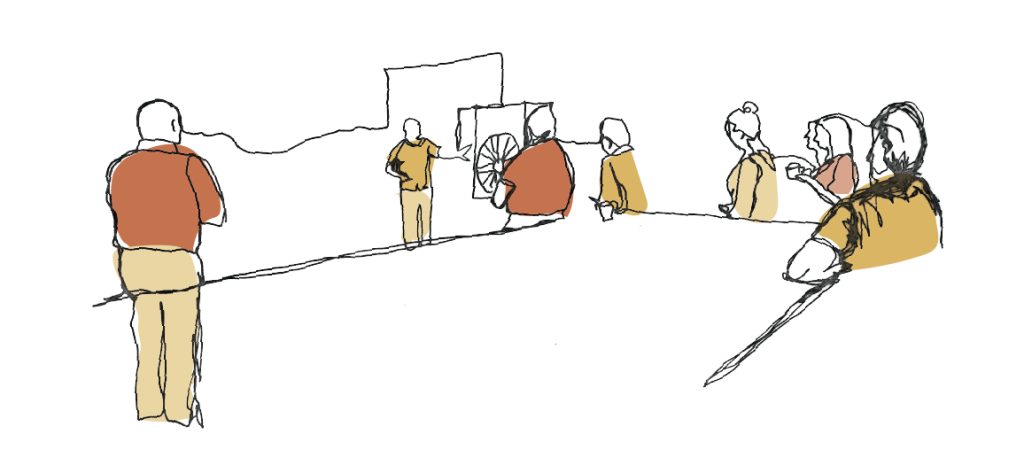
To enable multidisciplinary collaboration, the policymakers were divided into three groups. Each group engaged with the visions co-produced during the initial workshop and the insights provided by young adults. Through an analysis of anonymous quotes from the young adults’ workshop, the groups assessed and selected quotes that resonated with their values and interpretation of the Climate Emergency Policy Agenda. This process facilitated the development of clusters or themes for sustainable placemaking policies applicable to Lancaster. Participants collectively reflected on the insights, analysing quotes and conversations, identifying patterns, commonalities, relevant categories, attributes, and features, as well as values and sustainability principles that should be integrated into the policies.
Working together, the participants co-designed policy themes that encompassed sustainable placemaking values and youth aspirations. Each group had the task of formulating a policy title, concise objective or aim statement, identifying potential stakeholders for further policy development, and outlining the sustainability values that the policy would promote in the new settlement. Additionally, the groups were required to draft a brief policy document.
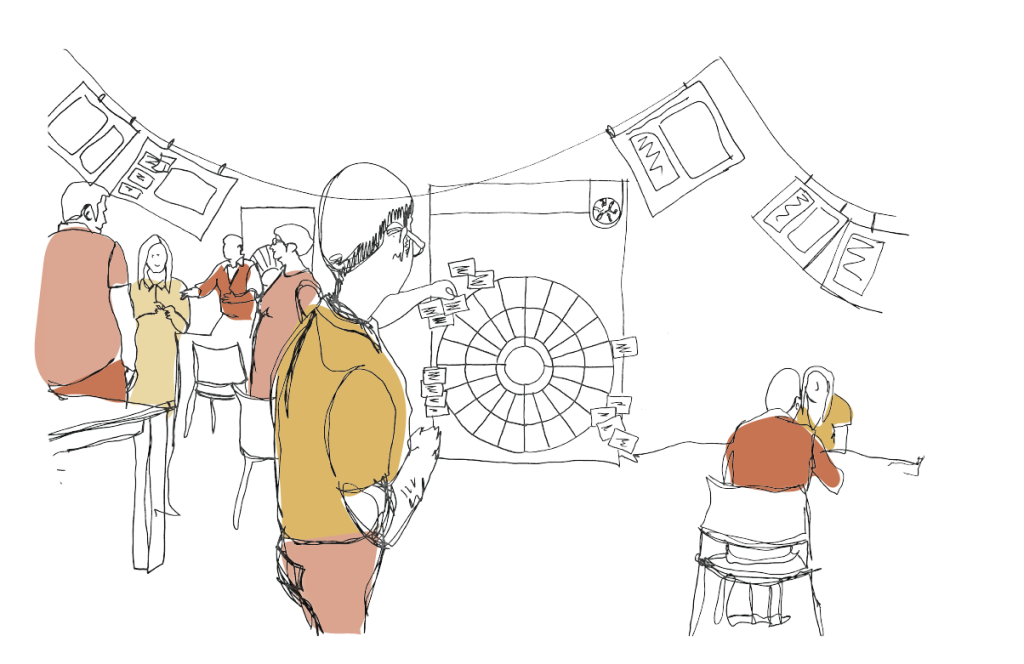
At the conclusion of the workshop, each group presented and displayed the top three policies they had developed on a timeline. These policies were evaluated in terms of their short-term, medium-term, and long-term aspirations. Striking a balance between the two timeframes allowed for young people’s visions and ambitions to be tested by those responsible for their implementation. This facilitated a “reality test” to ensure that participants had confidence in the achievability of their overall ambitions through the planning process.

